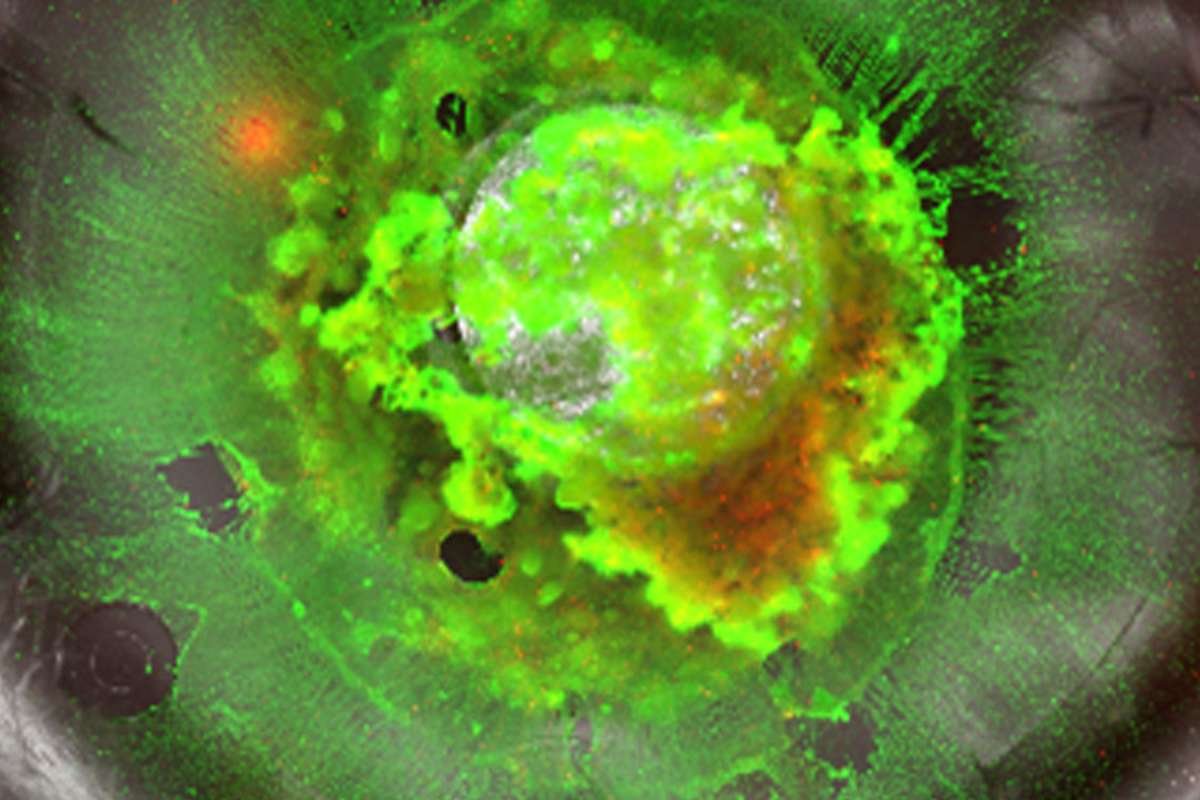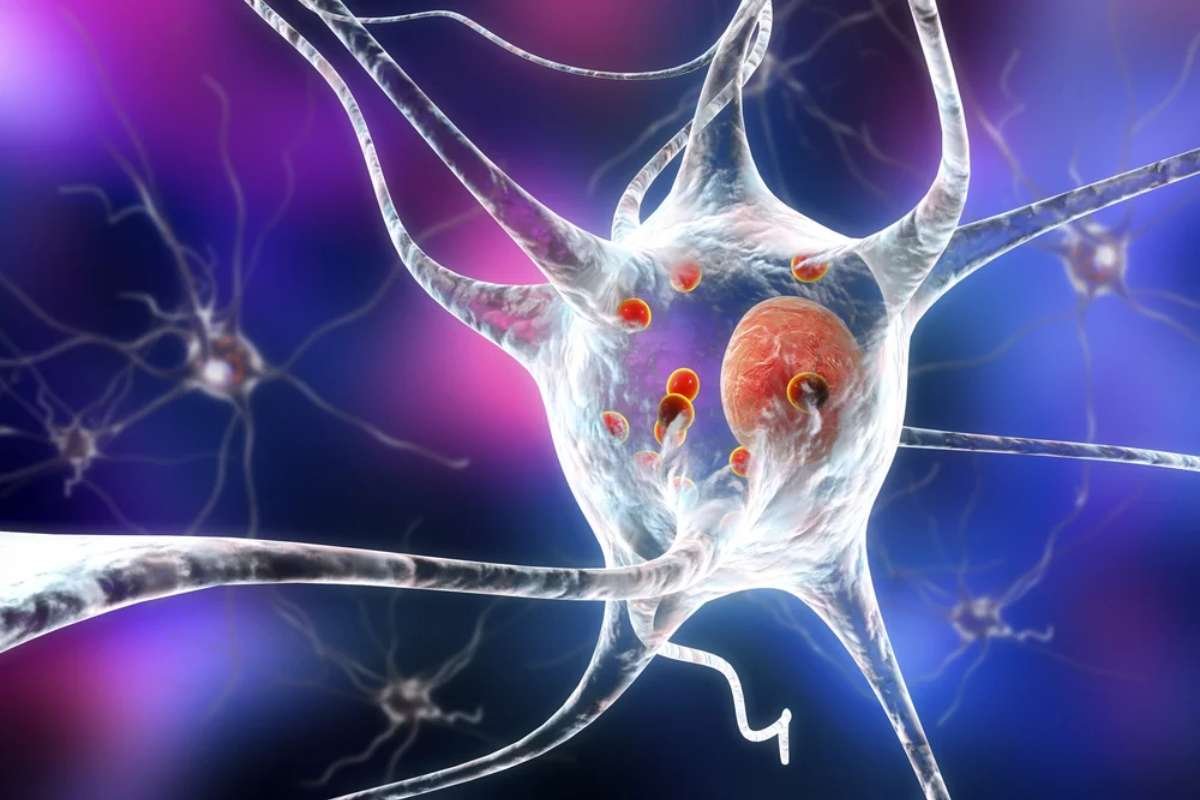Migraines are debilitating neurological condition that affects millions of people worldwide. They are often characterized by intense, throbbing pain, usually on one side of the head, as well as other symptoms such as nausea, vomiting, and sensitivity to light and sound. Migraines can be triggered by a variety of factors, and identifying these triggers is an important step in managing the condition. In this article, we will discuss nine common migraine triggers and what you can do to avoid them.
Here are 9 Common Migraine Triggers:
1. Hormonal Changes
Hormonal changes are common migraine triggers, particularly in women. Fluctuations in estrogen levels, which can occur during menstrual cycles, pregnancy, and menopause, can trigger migraines in some individuals. For many women, migraines tend to occur right before or during their menstrual periods.
What You Can Do: If you suspect that hormonal changes may be triggering your migraines, talk to your healthcare provider about possible treatment options. Hormone therapy may be an effective option for some women, while others may find relief with over-the-counter pain medications, such as ibuprofen or acetaminophen.
2. Stress
Stress is a well-known common migraine trigger, and it is often one of the most difficult triggers to avoid. When we are stressed, our bodies release chemicals that can cause blood vessels in the brain to dilate, leading to migraines. Emotional stress is one of the most common migraine triggers.

What You Can Do: Managing stress is essential in preventing migraines. Some effective stress management techniques include exercise, deep breathing, meditation, and yoga. It is also important to ensure that you are getting enough sleep, eating a healthy diet, and practicing good self-care habits.
3. Certain Foods and Drinks
Certain foods and drinks have been linked to migraines in some individuals. These include:
- Caffeine
- Chocolate
- Aged cheeses, such as blue cheese and cheddar
- Processed meats, such as hot dogs and bacon
- Citrus fruits
- Nuts and seeds
What You Can Do: If you suspect that certain foods or drinks may be triggering your migraines, try keeping a food diary to track what you eat and when your migraines occur. This can help you identify any patterns or triggers. Once you have identified potential triggers, you can try eliminating them from your diet to see if your migraines improve.
4. Changes in Weather
Changes in the weather, particularly sudden changes in temperature or barometric pressure, can trigger migraines in some individuals. This is thought to be due to changes in the levels of serotonin in the brain, which can be affected by changes in weather.
What You Can Do: Unfortunately, there is little you can do to control the weather. However, you can take steps to minimize your exposure to extreme temperatures or sudden changes in weather. This may include staying indoors during particularly hot or cold weather, or wearing protective clothing when you are outside.
5. Bright Lights and Loud Noises
Bright lights and loud noises are common migraine triggers in some individuals, particularly those who are sensitive to these stimuli. This is thought to be due to changes in the levels of certain chemicals in the brain, including serotonin.

What You Can Do: If you are sensitive to bright lights and loud noises, it is important to avoid exposure to these stimuli as much as possible. This may include wearing sunglasses or earplugs in bright or noisy environments.
6. Lack of Sleep
A lack of sleep is common migraine triggers in some individuals, as well as making existing migraines worse. This is thought to be due to changes in the levels of certain chemicals in the brain, including serotonin.
What You Can Do: Getting enough sleep is essential in preventing migraines. Most adults need between 7 and 9 hours of sleep per night. If you are having trouble sleeping, there are a number of strategies you can try to improve your sleep hygiene. These may include establishing a regular bedtime routine, avoiding caffeine and alcohol before bed, and creating a dark, quiet, and comfortable sleeping environment.
7. Strong Odors
Strong odors, such as perfumes, cigarette smoke, and cleaning products, are also common migraine triggers in some individuals. This is thought to be due to changes in the levels of certain chemicals in the brain, including serotonin.
What You Can Do: If you are sensitive to strong odors, it is important to avoid exposure to these stimuli as much as possible. This may include using unscented cleaning products, avoiding perfumes and colognes, and staying away from areas where people are smoking.
8. Physical Exertion
Physical exertion, particularly intense exercise, can trigger migraines in some individuals. This is thought to be due to changes in the levels of certain chemicals in the brain, including serotonin.
What You Can Do: If you suspect that physical exertion may be triggering your migraines, it may be helpful to modify your exercise routine. This may include decreasing the intensity of your workouts, taking breaks when you feel fatigued, or engaging in low-impact exercises, such as swimming or yoga.
9. Medications
Certain medications can trigger migraines in some individuals. These may include:
- Hormone replacement therapy
- Nitroglycerin
- Vasodilators
- Nifedipine
- Oral contraceptives

What You Can Do: If you suspect that medications may be triggering your migraines, talk to your healthcare provider about alternative treatment options. In some cases, simply adjusting the dosage or timing of medication can help reduce the risk of migraines.
BOTTOM LINE
Migraines can be a debilitating condition that can significantly impact your quality of life. While there is no cure for migraines, identifying and avoiding triggers can help reduce the frequency and severity of migraines. If you are experiencing migraines, it is important to work with your healthcare provider to identify potential triggers and develop a personalized treatment plan that works for you. By taking a proactive approach to managing your migraines, you can improve your overall health and well-being.











